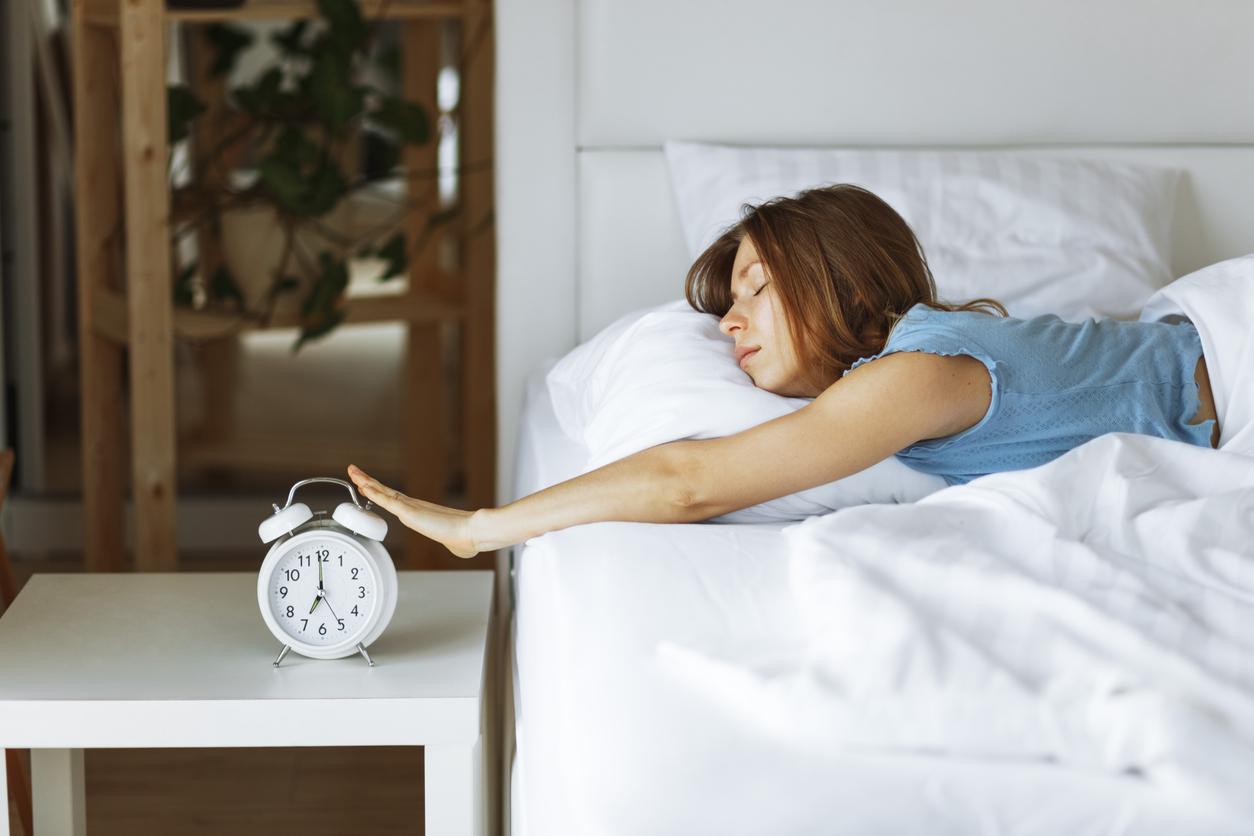Due to a lack of budget, more and more French people are cutting back on many health-related expenses and suffering from psychological problems.

- More than one in two French people (58%) have reduced their food expenditure for financial reasons over the past twelve months.
- 41% of French people have postponed certain health expenses in the last 12 months.
- The restrictions on the standard of living imposed by this purchasing power crisis have a strong impact on the mental health of the most vulnerable.
On the occasion of the application of the provision of the law “purchasing power” allowing households to cancel their subscriptions “in 3 clicks”, Ifop publishes a great survey on the extent of the current financial difficulties of the French, which highlights the harmful effects of inflation on their physical and mental health.
Reduced food expenses
Carried out for the MonPetitForfait site with 1,500 people, this study first shows that more than one in two French people (58%) have reduced their food expenses for financial reasons over the past twelve months, i.e. twice as much as what Ifop could measure in 2007 (29%). And for lack of money, one out of two French people (51%) even comes to “skipping meals” regularly or occasionally, an increase of 7 points since June 2022.
Other expenditures relating to physical well-being are trimmed. Thus, the subscription to a gym (40%) is the first type of contract that the French would terminate if they could from June 1. In addition, 41% of French people have postponed certain health expenses over the past 12 months, ie almost twice as many as fifteen years ago during the last inflationary crisis (25% in 2007).
Psychological distress
Finally, inflation has consequences on the mental health of the French. “Financial insecurity and psychological distress appear to be linked if we judge by the proportion of French people with less than €100 on the 10th of the month among the ranks of people affected by suicidal thoughts: 47%, i.e. twice as many as among those who do not never suffer from it (28%)”, can we read in the Ifop report.
“It is obvious that the restrictions on the standard of living imposed by this purchasing power crisis have a strong impact on the mental health of the most vulnerable, no doubt because the inability to access certain consumption standards generates a feeling of downgrading which contributes to degrading the image that people have of themselves”, analyzes Ifop expert François Kraus. “Indeed, their deviation from the common norm of access to certain products or services can only reinforce a feeling of worthlessness which can lead to forms of serious psychological distress such as depression or suicidal thoughts” he continues. And to conclude correctly: “As Claude Halmos explains, even “superfluous” products are essential to people’s psychological health, because they bring them pleasure, thus nourishing a “desire to live which, deprived of this pleasure, is always diminished »“.


















